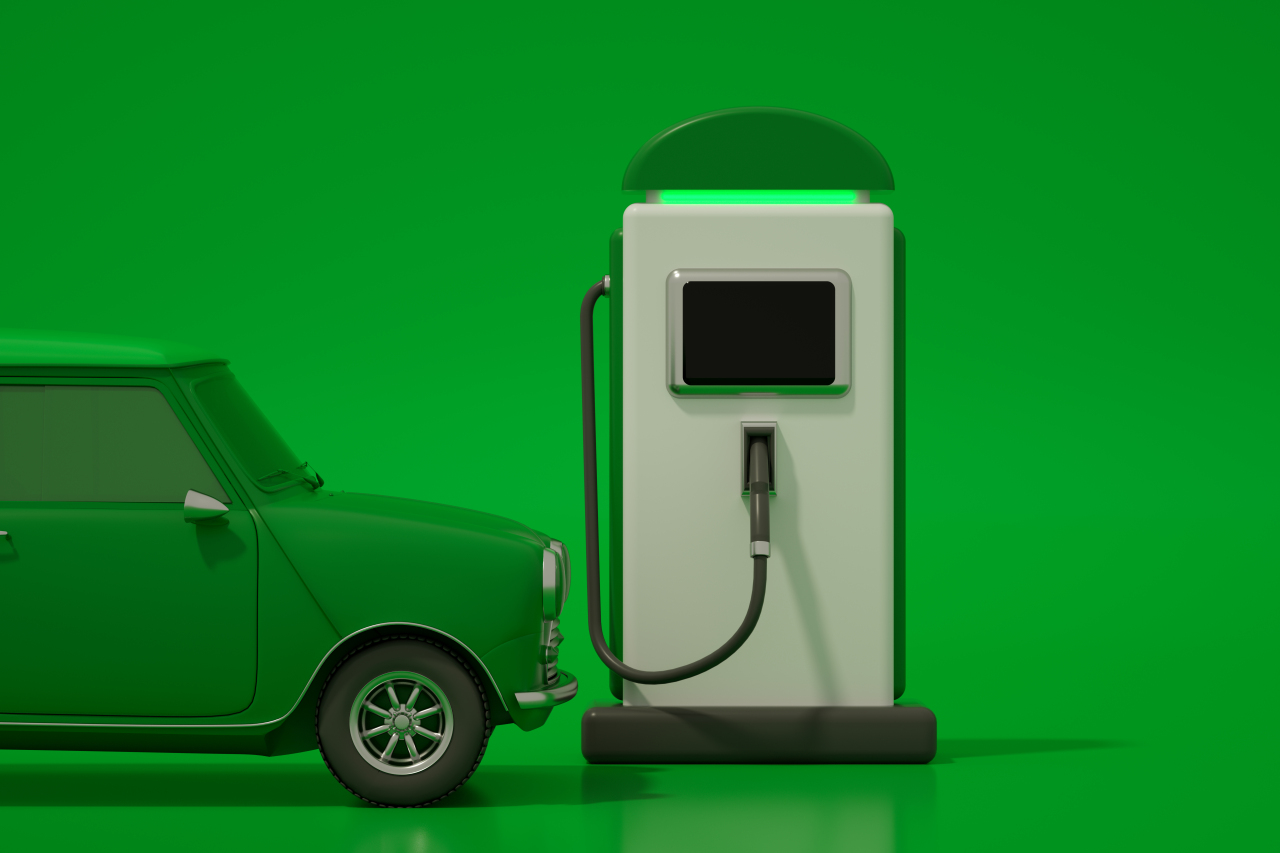 |
EV charging station graphic (Getty Image Bank) |
The South Korean government on Wednesday gave the go-ahead for a pilot project to transfer leftover power from electric car batteries to power grids, under a “regulatory sandbox” scheme.
According to the Industry Ministry, local electricity provider Busan-JungKwan Energy submitted the vehicle-to-grid project via the Korea Chamber of Commerce and Industry’s sandbox support center.
The regulatory sandbox measure, introduced in 2019, seeks to foster new business opportunities and technologies by lifting regulations that may come in the way of innovation.
The KCCI said, with the V2G service, electric vehicles would be able to charge at hours when there is less power load, and then release the power back to the grid when there is an overload of demand.
According to the business lobby, high-volume batteries used in electric vehicles can store enough electricity to power a household for 10 days. With the V2G service, electric vehicles will become moving electricity storage systems, it explained.
Electric vehicle drivers would also be able to save on costs for electricity, by charging their vehicles when electricity prices are low and then reselling it at peak times, KCCI said.
In the summer, the cheapest price for electricity is 64.2 won ($0.06) for 1 kilowatt-hour, and goes as high as 171.8 won for 1 kWh.
In approving the project, the ministry said it could contribute to a stable supply of electricity in the country.
The automotive industry has come up with the V2G system, or the two-way charging technology, but companies have been unable to test the new technology for a market launch here due to the lack of a safety regulatory framework.
Busan-JungKwan Energy will plow about 5 billion won into the project, and use 25 V2G chargers and 50 electric vehicles, along with its existing power grid, to supply electricity to some 28,000 households and public and commercial facilities, KCCI said.
The Industry Ministry also approved the application of an over-the-air service by Mercedes-Benz. OTA technology updates the software of a vehicle remotely. In Korea, OTA service was only allowed for licensed car repair shops.
Under the sandbox regulation, the ministry gave temporary permission to Mercedes-Benz Korea to open its OTA service to the brand’s vehicles. Hyundai Motor and Tesla also have been approved for the service.
By Jo He-rim (
herim@heraldcorp.com)








